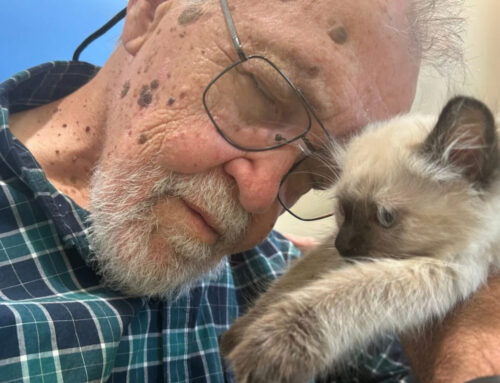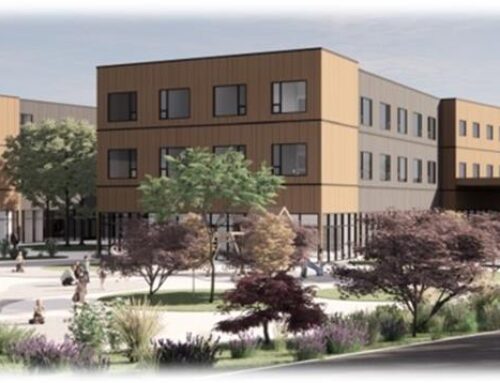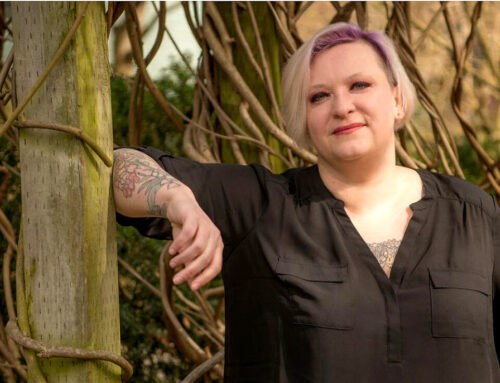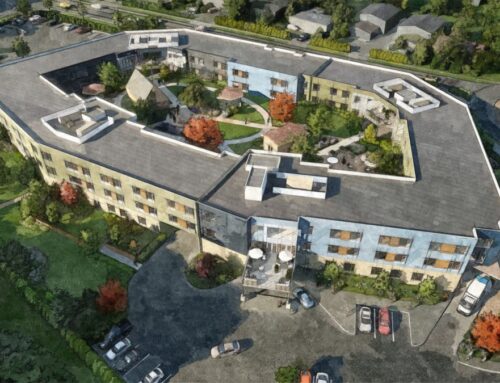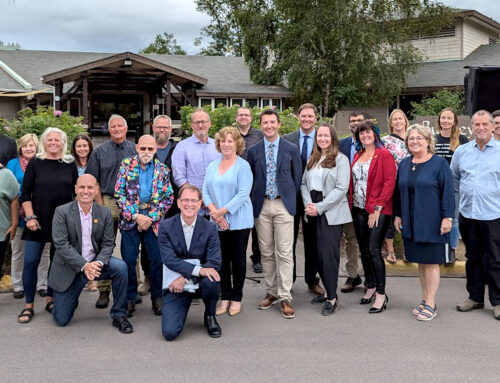
Since last November’s Ministry of Health announcement about a new, 200-bed long-term care village coming to Prince George, the approximately 16 per cent of Prince George residents who are 65 and older may be asking themselves: what will life be like there and will it be a good place for me if I need to enter long-term care?
Partnering with the Ministry of Health and Northern Health on this project, Providence Living is at the forefront of this exploration. Through two pilot projects taking place on Vancouver Island and in the Lower Mainland, Providence is already demonstrating in real time what future long-term care villages will be like in action and is proving their efficacy.
Unique households at the heart of pilots
Within resident households specifically created on site for the pilots at The Views at St. Joseph’s in Comox and Youville Residence in Vancouver, testing and refining are underway of a made-in-BC care model that incorporates global best practices and is based on the concepts of a dementia village. That same care model will be adopted by the long-term care village in Prince George, and could ultimately be implemented throughout all existing and future builds of Providence long-term care homes in collaboration with local health authorities.
The Comox pilot is trialing the care model in a rural setting while the Vancouver pilot is doing it in an urban setting. The goal is to adapt the village’s care model to serve diverse populations across the province and around the country.
The pilots-in-progress may potentially influence the future of long-term care in Prince George and beyond. Additionally, they are practical training platforms for staff in applying this innovative care approach, benefiting from ongoing input from residents, families, and staff shaping the evolution of care practices.
New model driving the future of seniors’ care
Person-centred and mission-driven, this new care model shifts from an institutional approach to a social relational and resident and family-centred approach.
The social relational model is different from traditional seniors’ care philosophies because incorporating this approach means always recognizing that aging adults flourish when they maintain their independence and social connections, and can participate in their desired and purposeful personal routines. Providence Living has learned from experience that maintaining independence and living with purpose play a vital role in active, healthy aging. When people can make decisions about their day and can choose their own routines, when they feel connected in meaningful and mutually fulfilling relationships, and when they see the care village as their home rather than the staff’s workplace, people feel more in control of their future.
Within the institutional approach that is in most traditional long-term care homes, the rhythms and patterns of the day are directed by the institution’s priorities and are often focused around tasks. Within the social relational care model, the rhythms and patterns of the day are grounded in a person-centred approach and the residents drive the day. The main priority is to enable residents to live their best day possible.
Enhancing day-to-day life for residents
At its core, this care model shifts the focus from care to living and care, moving from scheduled routines that are largely influenced by institutional norms (such as when the kitchen has food ready) to flexible routines where the pace of the day is determined by the household members – in the same way most individuals decide the pace of their own days.
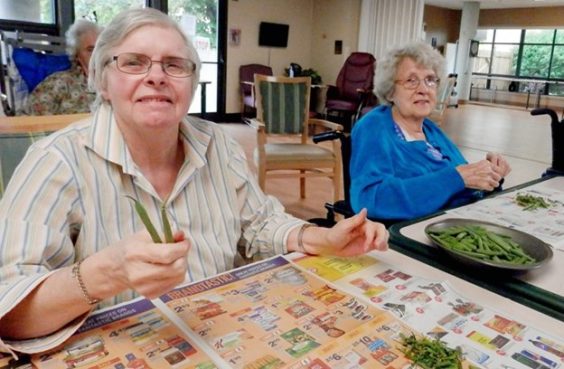
Gone is the requirement for residents to be up and dressed for their 9 a.m. breakfast. Each long-term care resident sets the flow of their day – whether that’s sleeping until 10 a.m. or taking a stroll in the garden with friends. In the households, staff and residents are able to work together to make meals. The options are endless, and are aided by a compassionate team of staff.
At The Views at St. Joseph’s pilot in Comox, residents can enjoy playing piano and guitar, cuddling with the household cat Winston, and reading and engaging in a variety of activities available to them.
Staff supporting residents’ choices
A social relational model ensures that people receive excellent medical and nursing care. The difference in the model is how that medical and nursing care is organized and delivered.

Mark Blandford
When residents have some agency over the patterns of their days, care team members work differently. Instead of coming to work and reporting at a facility like a hospital, staff honour the concept of home and understand that they work in the residents’ home. Instead of individually prioritizing completion of their tasks, teams work collaboratively, and help residents realize their plans and goals for the day. Routines are adjusted to meet residents’ needs. Residents’ quality of life takes precedence over organizational and staff priorities. Decisions are made with residents instead of for residents.
“The long-term care village is a community within which there is no separation between staff, residents, and families. They are all essential and equal elements of a thriving new care model community,” said Mark Blandford, president and CEO of Providence Living.
A sneak peek of a long-term care village opening soon
While the exact design and functionality details of the Prince George long-term care village won’t be fully known until after the developmental process is completed, the village will draw inspiration from a brand-new long-term care village, Providence Living at The Views, that opens this summer in Comox. The Comox village will feature private rooms with en-suite bathrooms, household-style communal spaces, and an overarching commitment to person-centred care.
Images and renderings of Providence Living at The Views are available on the Providence Living website.

